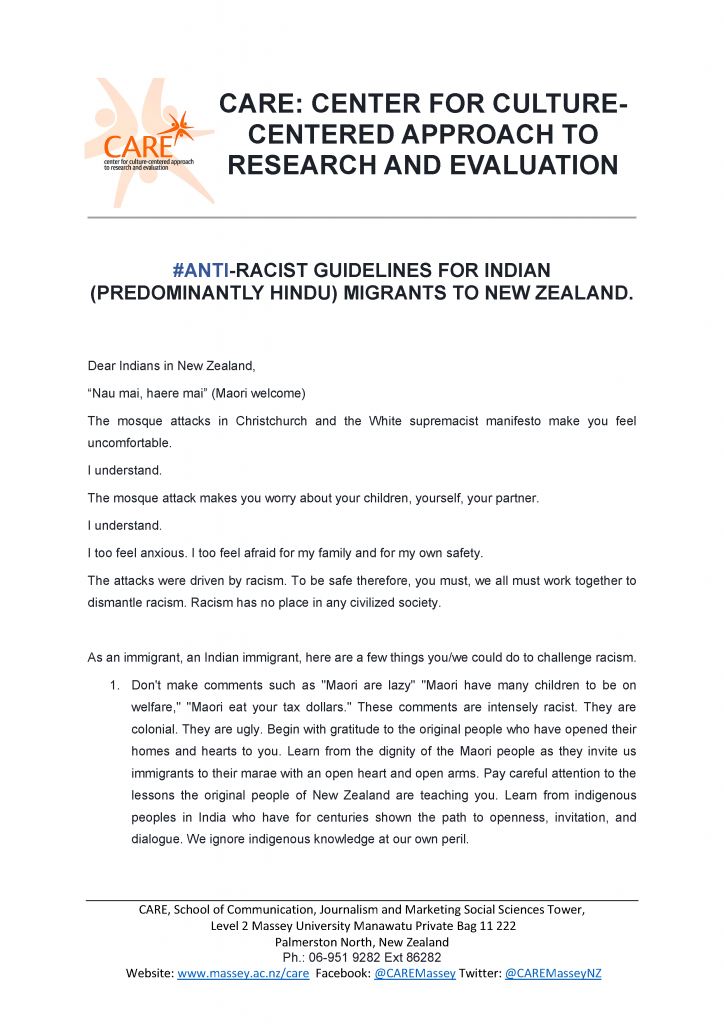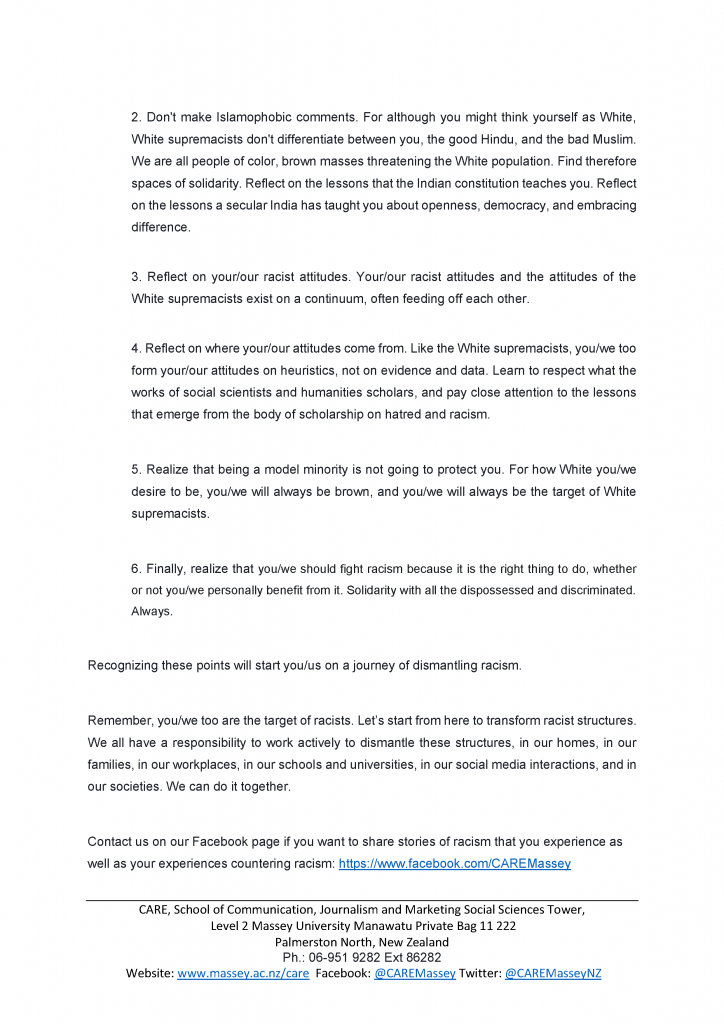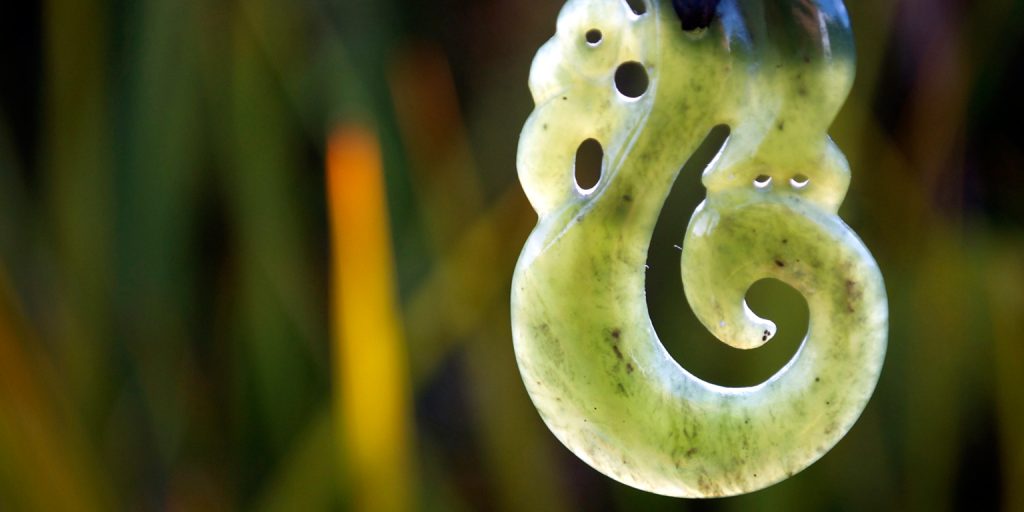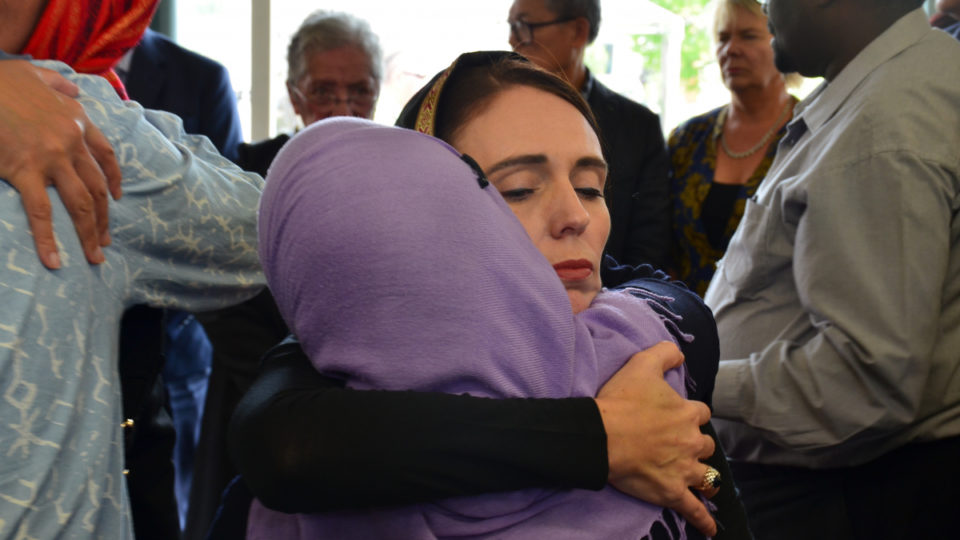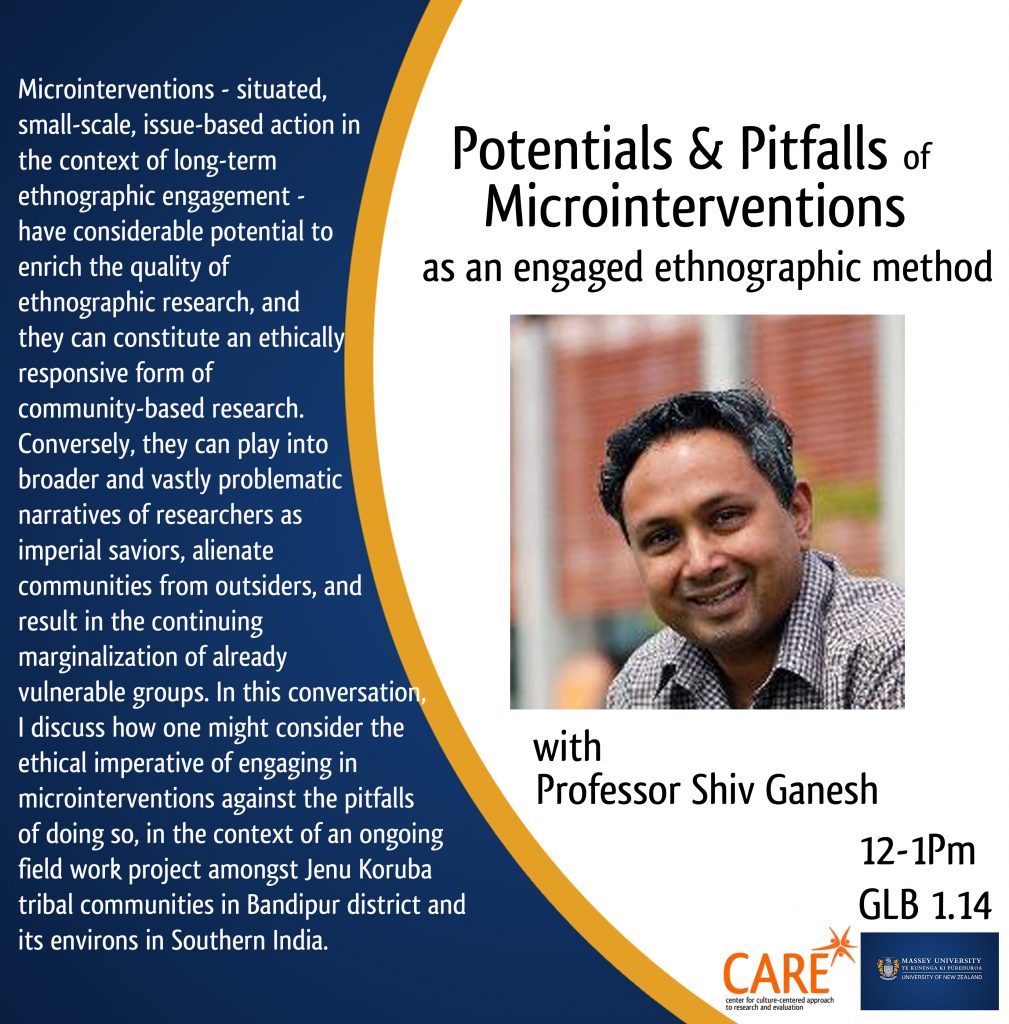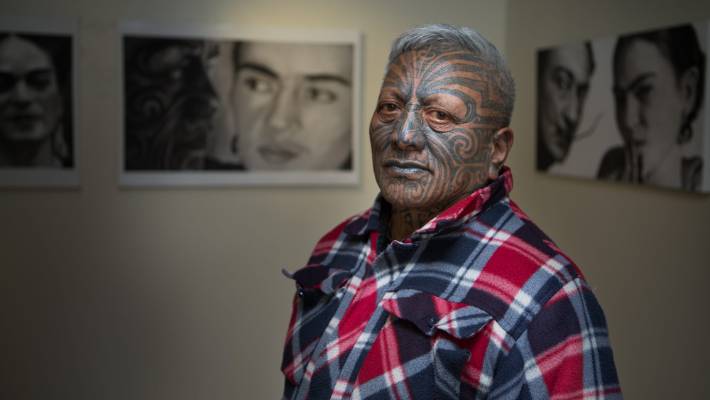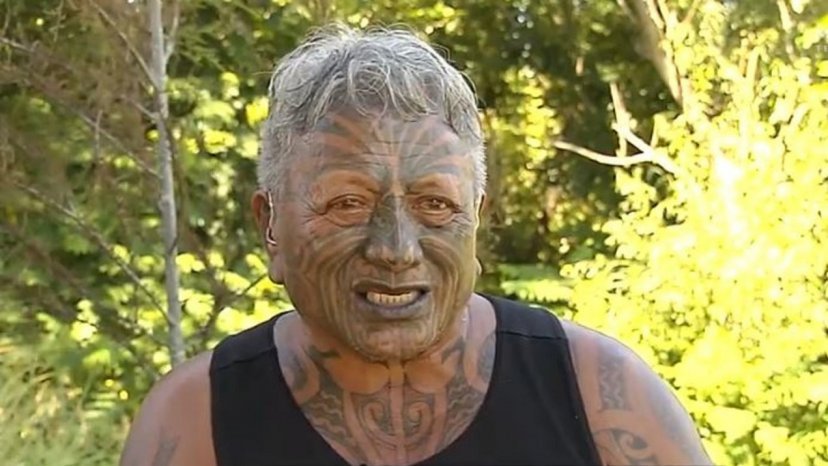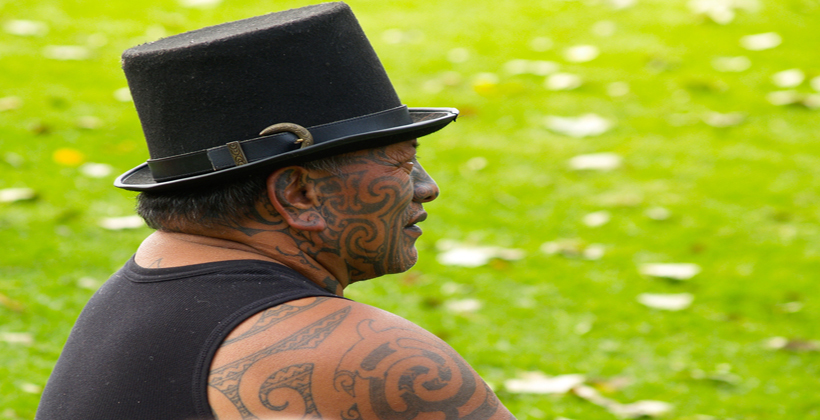
I had first met the Singapore Jolovan Wham in 2008 when I had started my ethnographic work with migrant construction workers in Singapore. Jolovan was with the Humanitarian Organization for Migrant Economics (HOME) and he generously shared his time and powerful insights about the exploitation of migrant construction workers and foreign domestic workers in Singapore. He gave me a scholarly tour of the oppressive conditions the migrant workers toiled in, the chilling effect of the crack-down on migrant worker activists that went under the label of the “Marxist Conspiracy,” and the importance of pushing the boundaries of the state to make space for migrant worker activism. What was so impressive about our interaction was Jolovan’s theoretical clarity about the underpinning principles of social change and his crystallized applications of the ways in which these concepts applied to the advocacy work he participated in.
When I returned to Singapore in 2012 to build the Ceter for Culture-centered Approach to Research and Evaluation (CARE), Jolovan was one of the first people I reached out to. My team and I spent many hours conceptualizing what would turn out to be the first CARE project in Singapore, a collaboration with home that sought to co-create communication infrastructures owned by foreign domestic workers. HOME was a natural choice for the project because of Jolovan’s leadership. In the very limited civil society space in Singapore, he was open and passionate about experimenting with what it meant to turn communicative infrastructures in the hands of domestic workers. The resulting campaign, the “Respect our Rights” campaign was created by an advisory board of foreign domestic workers, and was possible because of Jolovan’s commitment to creating spaces for the margins.
What I learned in 2008 and that I continued to be reminded in the years that followed is this. It takes tremendous courage and integrity to keep pushing in a structure where one is stigmatized for even asking basic questions about the taken-for-granted assumptions. In a system where rote reproduction of the ideology of the structure is the norm, accompanied by a culture of silence, it takes a lot of courage to start disrupting the very assumptions of the structure. In rendering visible the broken logics that formed the overarching ideology, Jolovan has participated in a wide range of creative performances that disrupt the PR spin selling the “Singapore model.”
It was only natural therefore that Jolovan was one of the three panelists at the conference on “Communication and Social Change” organized by CARE in Singapore. In the panel titled “Academic-activist partnerships,” he shared his insights about the importance of pushing for open discursive spaces where the voices of the margins can be heard.
This pushing for open spaces shaped Jolovan’s activism with freedom of expression in Singapore. In doing so, Jolovan had been marked. The usual state apologists that talk about tactics would say, “his tactics are too direct.” Others would quickly denounce his tactics as calling for state control.In these very apologies for the state one notices the culture generated by the absence of freedom of expression. That the very freedom to express oneself ought to be subject to some sad reference to context speaks volumes about the nature of freedom of expression in Singapore.
In 2016, Jolovan had invited the Hong Kong-based activist to appear over skype for a talk on strategies of social change. The talk was attended by 300+ participants, generated a discussion, and everyone went home after it. There were no visible outpourings of Occupy-style protests across the city.
He was charged in 2017 for violating Singapore’s public gathering laws for not seeking permission for inviting Mr. Wong and for not signing the police document. In a recent ruling , the court found him guilty and ordered him to pay S$7000 in fines or face 16 days jail.
The above charge is among a number of other charges that Jolovan is facing, including his organizing of a performance on the MRT of holding a book, “1987 Singapore’s Marxist Conspiracy, 30 Years On” with blindfolds on, to show solidarity with detainees of the Internal Security Act. Most recently, Jolovan is being investigated by the police for taking a photo holding a piece of paper, alone, outside the State Courts, calling for charges of criminal defamation against the activists Terry Xu and Daniel De Costa to be dropped.
CARE is concerned about the systematic targeting of Jolovan.
That one of Singapore’s best activists who has contributed powerfully to the rights of precarious foreign workers is being targeted for actively advocating for freedom of expression needs to be interrogated globally.
That a society that presents itself as a democracy and as the forefront of technology-enabled globalization based on connections across spaces is so threatened by a technology-based network of activists articulating their raises vital questions about the carefully cultivated image of the “smart” “Singapore model.”

